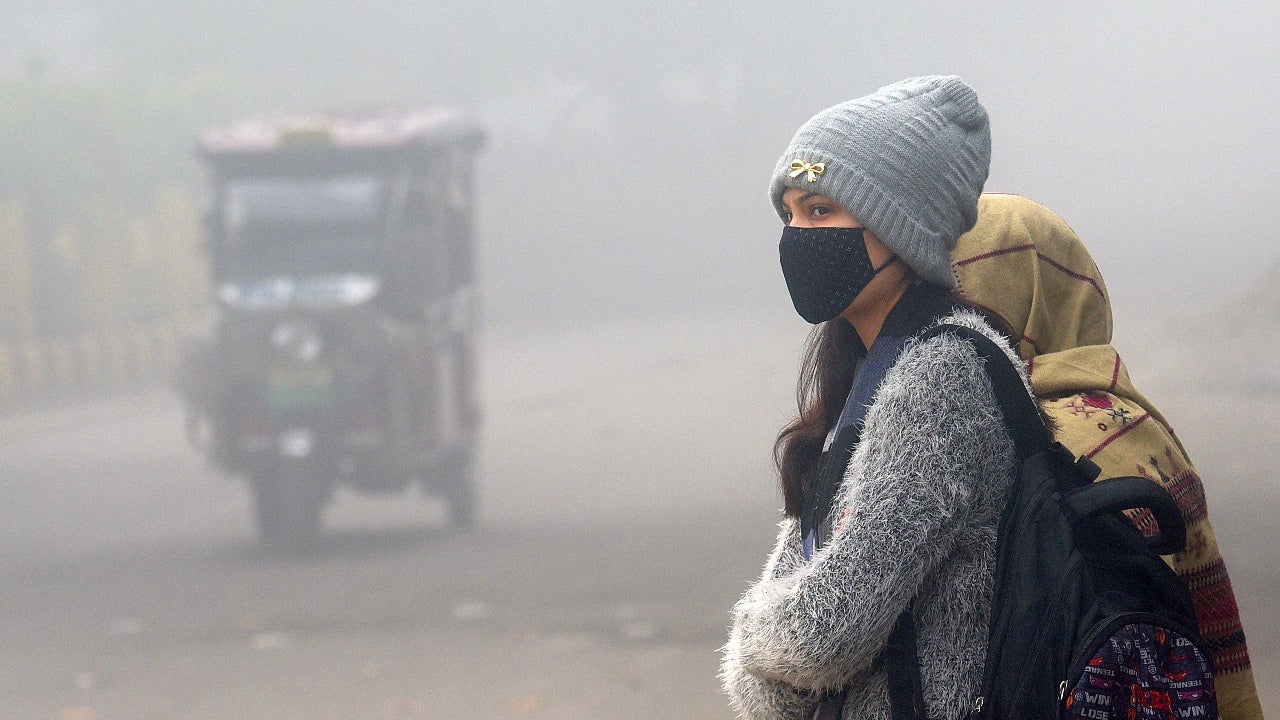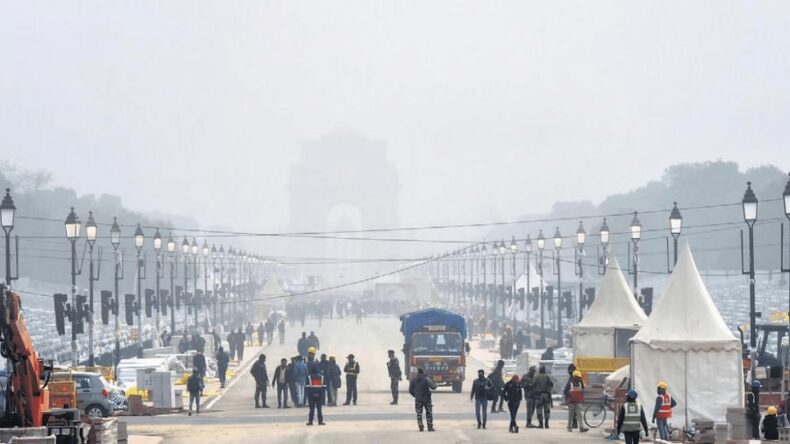Watch for signs of hypothermia, i.e. low body temperature, uncontrolled shivering, memory loss, disorientation, slurred speech, drowsiness and exhaustion

Winters are unforgiving in many parts of the country, especially in the northern belt where fog and cold winds are common, leading to reduced visibility and low body temperature.Temperatures across North and Northwest India have decreased, with some areas experiencing extreme cold as a result of the dry northwesterly winds that are drifting in from the snow-covered Himalayan ranges.
The India Meteorological Department (IMD) has now forecast the persistence of cold wave conditions in isolated areas of Himachal Pradesh, Punjab, Haryana, and north Rajasthan under the influence of these western disturbance-influenced winds.
What exactly is a cold wave?
A cold wave is defined as “a condition of air temperature that becomes fatal to the human body when exposed” by the IMD. A ‘cold wave’ is declared in the plains when the minimum temperature in a specific region falls 4.5°C below normal, or when the overall temperature falls below 10°C. A Severe cold wave is declared when the temperature deviates from normal by more than 6.4°C.
Those who leave their homes to work should take adequate precautions regarding their clothing to avoid exposure to the cold. Inadequate layering of clothing can leave you vulnerable to seasonal illnesses, among other things.

Health advisory by NDMA
On Twitter, the National Disaster Management Authority (NDMA) shared a health advisory and wrote: “To stay warm during a cold snap, follow these rules.” It said,
- Be aware of warnings in newspapers, radio, television, and mobile phones. Purchase food, water, and other daily necessities
- Purchase fodder for your livestock.
- Avoid being exposed to the cold by staying in a warm place.
- Cover your head, neck, hands, and feet to prevent heat loss * Cover your mouth to protect your lungs
- Do not stay in wet clothes as this can be fatal; change immediately
- Drink hot drinks to prevent dehydration and maintain body heat
- Avoid alcohol
- Watch for signs of hypothermia, such as low body temperature, uncontrolled shivering, memory loss, disorientation, slurred speech, drowsiness, and fatigue
If you have any of these symptoms, the NDMA recommends calling an ambulance.
Suggestion from health experts
Likewise, Dr Ravi Shekhar Jha, Head of Pneumonic Medication at Fortis Escorts Clinic Faridabad, offered guidance making sense of the gamble variables and preventive measures for a solid respiratory framework. As per him, being outside in frigid temperatures comes down on the heart and lungs; cold air can cause hack, runny nose, sore throat and migraine.
To forestall a wellbeing peril, the specialist says, one ought to do the accompanying:
- Forgo smoking. Latent smoking likewise represents a gamble during the virus cold weather months.
- Keep away from openness to contamination, brown haze, vehicle exhaust, dust, and so on.
- Limit outside exercises and exercise.
- Watch out for the air quality file (AQI).
- Wear a cover while going out, particularly in jam-packed places.
- Individuals more than 55 ought to receive any available immunization shots against flu and pneumonia.
- Consume a decent eating routine and keep yourself hydrated.
- Look out for moistness and shape in the house.
- Take respiratory meds routinely.
Dr Bharat Agarwal, expert inward medication, Apollo Clinic Navi Mumbai, concurred. He made sense that one can wear a cap to cover the ears when presented to the virus breeze. “On the off chance that you are inclined to respiratory contaminations, receive available immunizations against flu and pneumococcus. Diminish liquor utilization as it will in general cause hypothermia,” he concluded.













